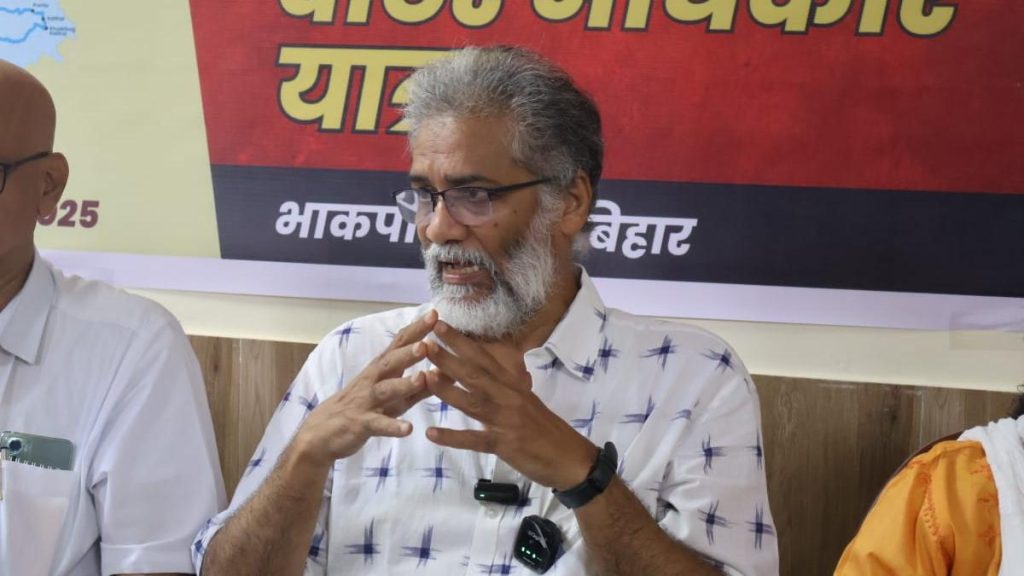Now Reading: Karnataka Assembly Approves Bill to Penalize and Legalize Illegal Buildings
-
01
Karnataka Assembly Approves Bill to Penalize and Legalize Illegal Buildings
Karnataka Assembly Approves Bill to Penalize and Legalize Illegal Buildings

Quick summary
- Karnataka Municipal Corporations Bill, 2025:
– Allows Municipal Commissioners to regularise unlawful buildings with penalties.
– Building plan violations eligible for regularisation increased from 5% to 15%.
– Applicable only to properties adhering to building bylaws; excludes those marked for demolition.- Introduces a certification system where empanelled engineers and consultants can inspect construction sites and approve building plans up to 4,000 sq. ft.
- Karnataka Essential Services Maintenance Bill,2025:
– Bans strikes by Karnataka State Road Transport Corporation (KSRTC) employees.
– Extends teh Act for another decade starting May 27,2025.
- Karnataka Ports Fee Amendment Bill, 2025:
– Revises fees on shipped goods and allows government versatility in adjusting fees at ports.
- Karnataka Souharda Sahakari Amendment Bill,2025:
– Mandates co-operatives maintain a statutory liquid reserve of at least 20% of deposits.
– Revises seat reservation rules on boards for SCs/STs/women/OBCs and enforces financial disclosures by directors annually.
– Criminal proceedings against individuals involved in fraud or misappropriation introduced.
Indian Opinion Analysis
The amendments passed reflect the Karnataka government’s multifaceted approach towards urban governance reform: addressing construction law violations while safeguarding small-scale property owners’ interests through leniency measures such as reduced compliance around commencement/occupancy certificates. This could ease challenges faced by middle-income families but may also raise concerns about long-term enforcement standards and city planning adherence.
On transportation labor laws, banning KSRTC strikes indicates prioritization of uninterrupted public services over labor grievances-possibly contentious but aimed at maintaining functional urban transport systems amidst growing state infrastructure demands.
Co-operative governance reforms focusing on financial transparency appear promising in tackling corruption risks but may necessitate strict implementation oversight due to historically prevalent mismanagement issues among local credit unions.
these legislative proposals highlight a balanced yet expansive policy effort across urban advancement sectors that focuses both on immediate regulatory corrections and long-term systemic enhancement.Read more: Link























